Indigenous Navigator Training and Inception Workshop

Kisoro, Uganda, March 2023.
In March 2023, a three-day inception training was held in Kisoro Uganda: United Organisation for Batwa Development in Uganda (UOBDU), Forest Peoples Programme (FPP), International Work Group for Indigenous Affairs (IWGIA), Indigenous Livelihood Enhancement Partners (ILEPA), Mainyoito Pastoralist Integrated Development Organization (MPIDO) and Pastoralists Indigenous Non-Governmental Organizations Forum (PINGOs Forum) with the aim of training and building capacity on the use of the Indigenous Navigator.
The Indigenous Navigator is a framework and set of tools for and by indigenous peoples to systematically monitor the level of recognition and implementation of their rights. The Indigenous Navigator’s 12 domains are based on the UN Declaration on the Rights of Indigenous Peoples (UNDRIP) and cover a wide range of topics such as self-determination, lands and territories, culture and identity, education and health, participation and consultation, justice and remedies, among others. The domains help to monitor the implementation of indigenous peoples’ rights by providing indicators that measure the legal and policy framework, the state’s efforts, and the actual enjoyment of rights by indigenous communities. The domains also link UNDRIP with the Sustainable Development Goals (SDGs) and the World Conference on Indigenous Peoples (WCIP) outcomes, showing how indigenous peoples’ rights are essential for achieving sustainable development.
The workshop brought together indigenous participants from Kenya, Tanzania and Uganda who learned about the Indigenous Navigator framework and tools, tested questionnaires with local Batwa communities, entered data online and discussed data validation, dissemination and advocacy strategies. They also exchanged experiences from previous phases of the Indigenous Navigator project and learned about the situation of Batwa communities in Uganda who have faced various human rights violations.
The exchange between the three countries (Kenya, Tanzania and Uganda) was an opportunity for the participants to learn from each other’s experiences and challenges in promoting and protecting indigenous peoples’ rights and development. The participants shared their stories of marginalization, discrimination, land dispossession, cultural erosion, and lack of access to basic services and opportunities. They also discussed their achievements and best practices in using the Indigenous Navigator tools to collect data and advocate for their rights.
The workshop also included the presentation of a 3D model map of the Batwa lands and forest knowledge, created by Batwa communities with support from FPP and UOBDU. The map depicts the historical land use patterns of the Batwa, as well as their sacred sites, cultural practices, and natural resources. The map also shows how much land has been lost or degraded by deforestation, grabbed by conservation projects, and encroachment by the dominant groups.
The workshop was funded by the European Union as part of a global project to strengthen Indigenous Peoples’ capacities to monitor their rights.
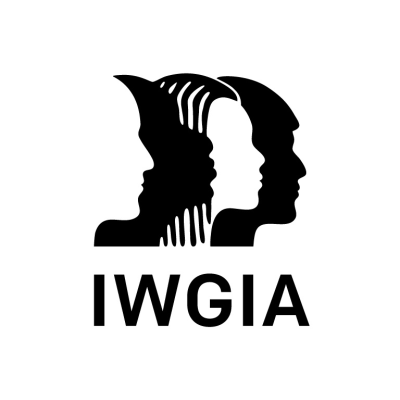
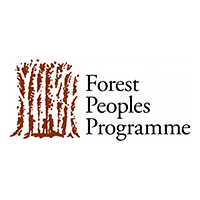
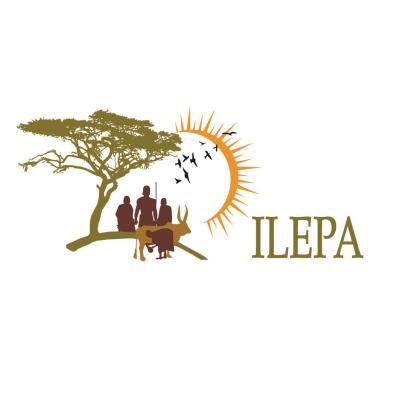
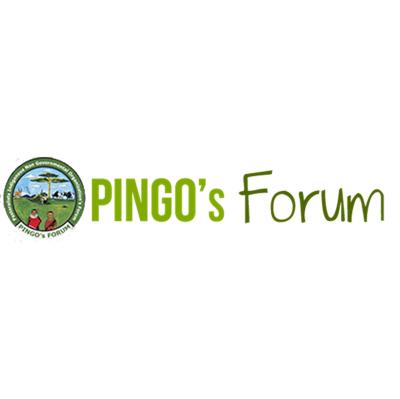
The Pastoralists Indigenous Non Governmental Organization's Forum (PINGO's Forum)
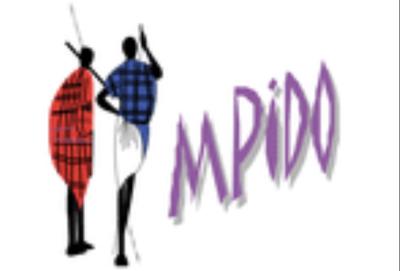
Mainyoito Pastoralists Integrated Development Organization (MPIDO)
Contact
